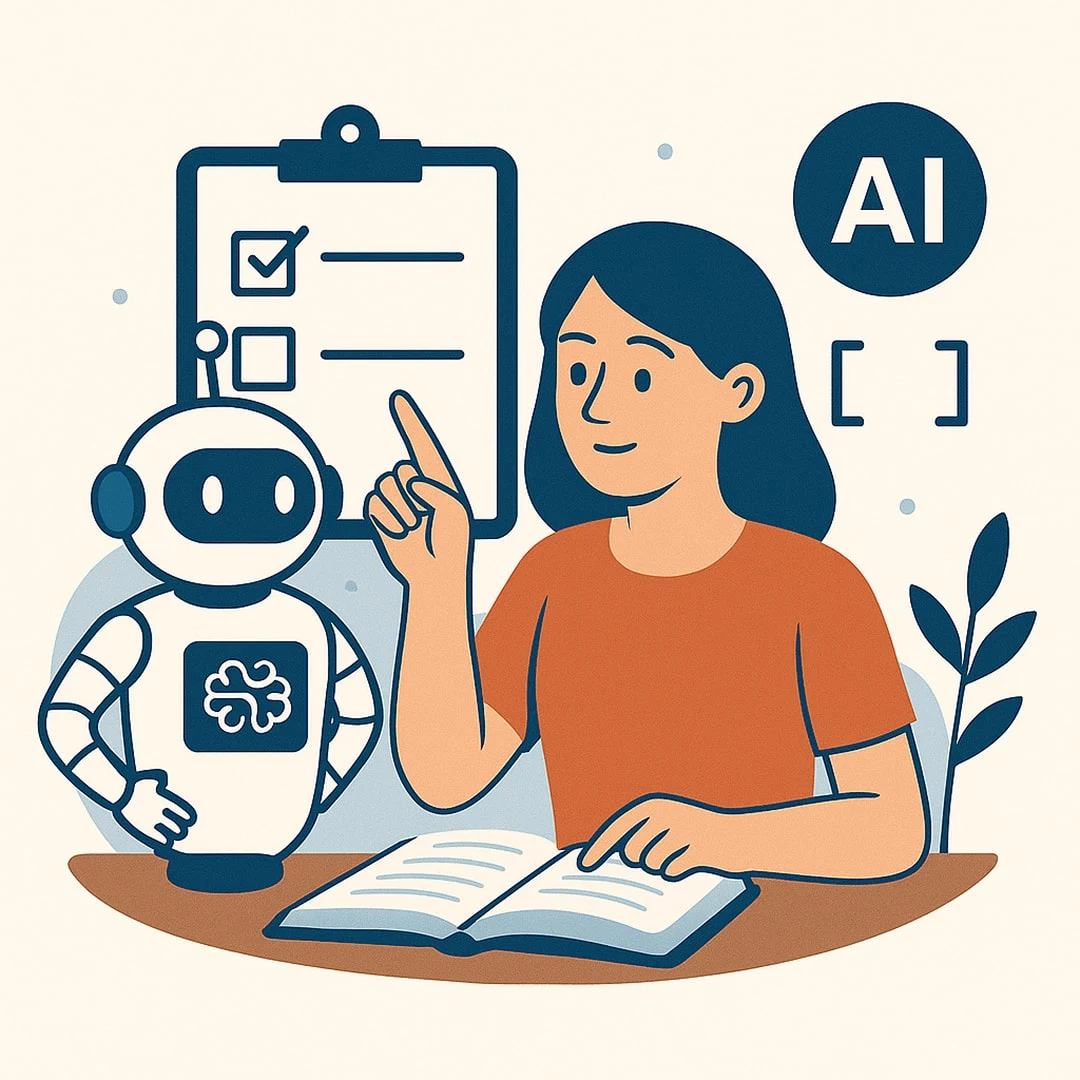7200859259



Let’s be real, writing a literature review isn’t a quick checklist you can breeze through with a coffee and a playlist. It takes time, patience, and a whole lot of academic brainpower. From digging up relevant research papers to organizing themes, identifying gaps, and putting it all together without sounding robotic it’s a lot.
That’s exactly why so many researchers are now turning to AI for literature review support. But here's the big question: is it actually smart to use AI for this part of your thesis, or are you just asking for trouble?
Let’s talk about how AI fits into the lit review game, where it shines, where it still struggles, and how pairing it with human expertise might just be your smartest move yet.
Before we dive into the tech side of things, let’s remind ourselves why the literature review is such a crucial piece of your academic puzzle.
The literature review is where you prove you’ve done your homework. You’re not just summarizing other people’s work you’re connecting dots, analyzing patterns, and setting the stage for your own research. You’re showing where your study fits into the existing academic conversation.
When done right, it’s the part of your thesis that screams, “I know my field. I know what’s missing. And I’m here to add something valuable.”
That’s not something you want to leave to chance or to a bot.
Okay, let’s give AI some credit. When used smartly, it can make the literature review process a lot smoother. You just have to know where it fits.
AI tools like Research Rabbit or Elicit can help you find relevant papers without digging through pages of search results. It’s like having a research assistant that doesn’t sleep.
No time to read that 40-page PDF front to back? AI tools can summarize key points in seconds, helping you decide if a paper is worth reading deeper.
Some AI platforms can even help group similar studies or identify recurring keywords, making it easier to map out your review sections.
Grammarly, ChatGPT, and other tools can polish up your grammar, fix transitions, and help your writing flow better especially when your brain’s too fried to spot typos.
Let’s be honest when you're staring at a blank screen with six tabs open and zero motivation, AI can be the nudge that gets you moving again.
Now for the not-so-fun part. As helpful as AI can be, it’s not a magic solution and relying on it too heavily can seriously mess with your academic credibility.
AI doesn’t know if a study’s outdated or if its conclusions have been debunked. It can’t tell you if a paper is worth citing or if it’ll get your thesis rejected.
AI can paraphrase what a study says, but it can’t explain why it matters in your specific research context. That level of insight? 100% human.
Sorry to break it to you, but I still make up citations sometimes. Or pull outdated ones. That’s a huge red flag if you’re submitting to a serious academic review.
Your review needs to sound like you. AI doesn’t know your field, your angle, or your academic style. It might be written in “fluent English,” but not in your unique voice.
Basically, AI’s great at assisting but not at owning your work.

Here’s the truth: AI shouldn’t be your co-author. It should be your assistant.
Use it for the grunt work. Let it help you brainstorm, clean up your structure, or find a starting point when you’re stuck. But when it comes to analysis, argument, and academic finesse? That’s all you.
Even better is to combine the best of both worlds.
If you really want to get the most out of AI for literature review, the smartest move is to pair it with human expertise. At PhDHelp, that’s exactly what we do.
We don’t just copy-paste AI outputs. We use AI tools strategically to boost efficiency while our academic experts take care of everything that really matters:
Deep analysis of sources
Logical flow and structure
Accurate, real citations
Original content with zero plagiarism
Formatting and referencing that meets your university’s exact standards
It’s fast and flawless. Efficient and ethical.
You get the edge of AI without the risks and a human touch that no machine can replicate.
Want in? Get the best help today and let us turn your literature review into something that actually impresses your reviewers.

AI can do some cool things. It can help you organize your thoughts, discover sources, and clean up your writing. But it can’t think like a researcher, analyze like a scholar, or tailor your review to your research the way you can.
So don’t ditch AI but don’t trust it blindly, either.
Use it wisely. And when you’re ready to level up your review with actual academic expertise? We’re here, ready to help.